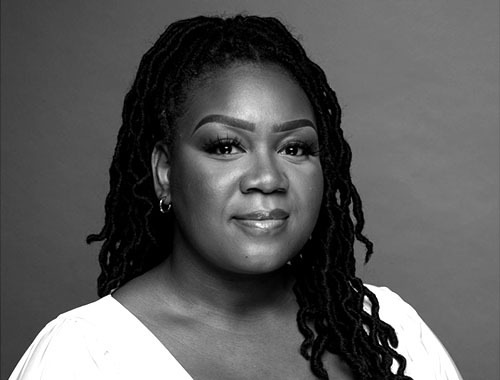Enforcing a Money Judgment: Orders for Sale
Perhaps you find yourself in a situation where you have successfully obtained a County Court Judgment in relation to a debt, but the debtor persists in failing to comply with the Judgment.
There are several ways to enforce a money Judgment; this article shall focus on an Order for Sale.
What is an Order for Sale?
An Order for Sale is a Court Order which compels the sale of a property to satisfy a debt. It is often used when a debtor fails to settle their financial obligations, and the Court intervenes to facilitate the sale of the debtor’s property to generate funds for repayment. The proceeds from the sale are typically used to pay off the debt, with any remaining amount returned to the debtor.
What is required to obtain an Order for Sale from the Court?
The debtor must own a property or have beneficial interest in a property for a creditor to be able to use this method of enforcement.
It is prudent to ensure the debt is not disputable. A good way to do this is to obtain a County Court Judgment first.
Upon successfully obtaining Judgment, you would be required to register a Charge against the debtor’s property by way of a Charging Order. This means that when the debtor’s property is sold, the debt will be settled from the proceeds of sale. Charges are discharged in order of priority, so it is important to consider whether there is sufficient equity in the property where there are other charges that have priority over your own.
It is important to note that the value of the debt must be at least £1,000 to obtain a Charging Order.
Factors the Court will consider.
The Court can make an Order for Sale at discretion. There is the possibility that the debtor could be made homeless, therefore it is not a light decision. The Court will therefore take various factors into account, such as;
- The property’s value relative to the amount of the debt. The Court is not likely to sell a high value property for what might be considered a low value debt.
- If the debt has caused the creditor financial hardship; this may strengthen the creditor’s application for an Order for Sale.
- Whether it is the debtor’s residential property or investment property
- The possibility of the debtor being able to settle the debt using other methods.
- The presence of tenants or any other party.
How long will it take to obtain an Order for Sale?
The timeframe for obtaining an Order for Sale varies.
It is dependent on how quickly the Court can list the matter for hearing.
The pace of the process is also dependent on adhering to the steps in obtaining an Order for Sale. If any necessary steps are overlooked the Court will direct that those steps are completed before re-listing the matter for another hearing.
Importantly, the debtor can dispute the application for a Charging Order which can cause further delay. This is why it is advantageous to have County Court Judgment first.
What happens if I am successful in obtaining an Order for Sale?
The debtor will be given a final opportunity to pay the debt by a particular date. The Order will set out that if the debtor fails to comply, the property can be sold. The Order will also set out practical details, such as, the price the property will be sold at, who has conduct of the sale and when the debtor must give up vacant possession of the property.
What are the costs involved in obtaining an Order for Sale?
In addition to legal fees, there are Court fees and Land Registry fees. These are outlined below:
- The Court fee for a Charging Order is £119.00.
- The Land Registry Fee to register the charge to a property is £20.00.
- The Court fee for the Application to obtain an Order for Sale is £308.00.
The conveyancing is usually done by the Creditor’s solicitor and the cost for this will be deducted from the proceeds of sale.
Please contact me by email to Mary.Yusuf@patronlaw.co.uk if you wish to discuss the possibility of obtaining an Order for Sale.
This article is for general information only and does not constitute legal or professional advice.

